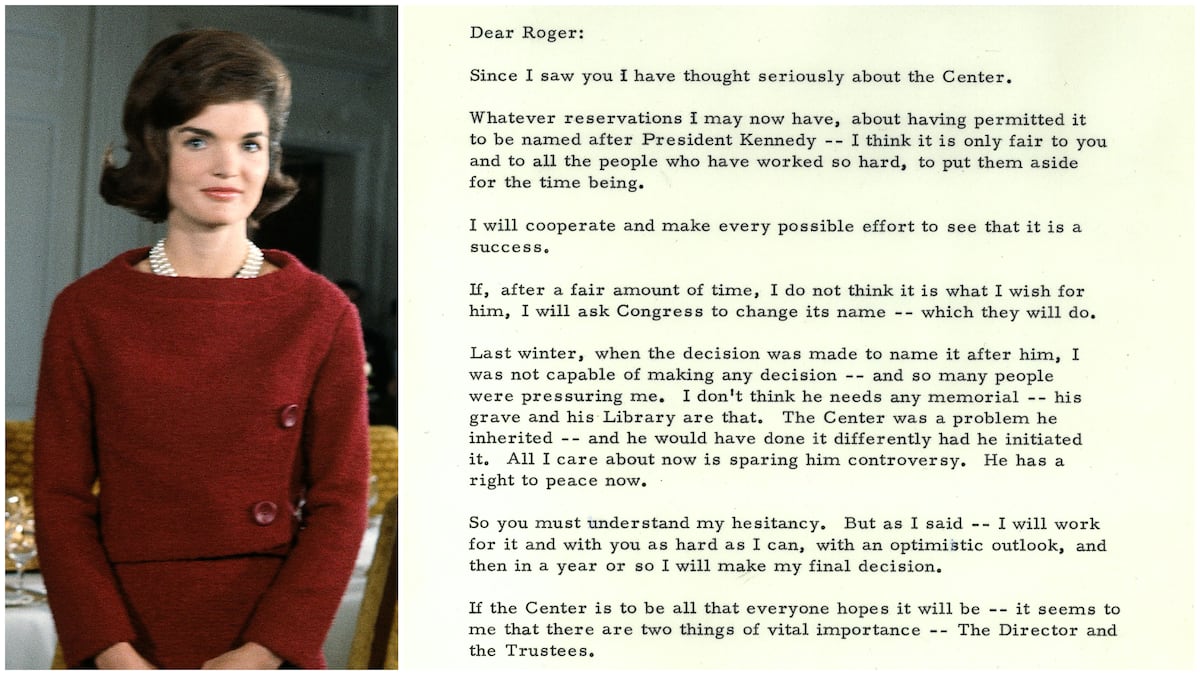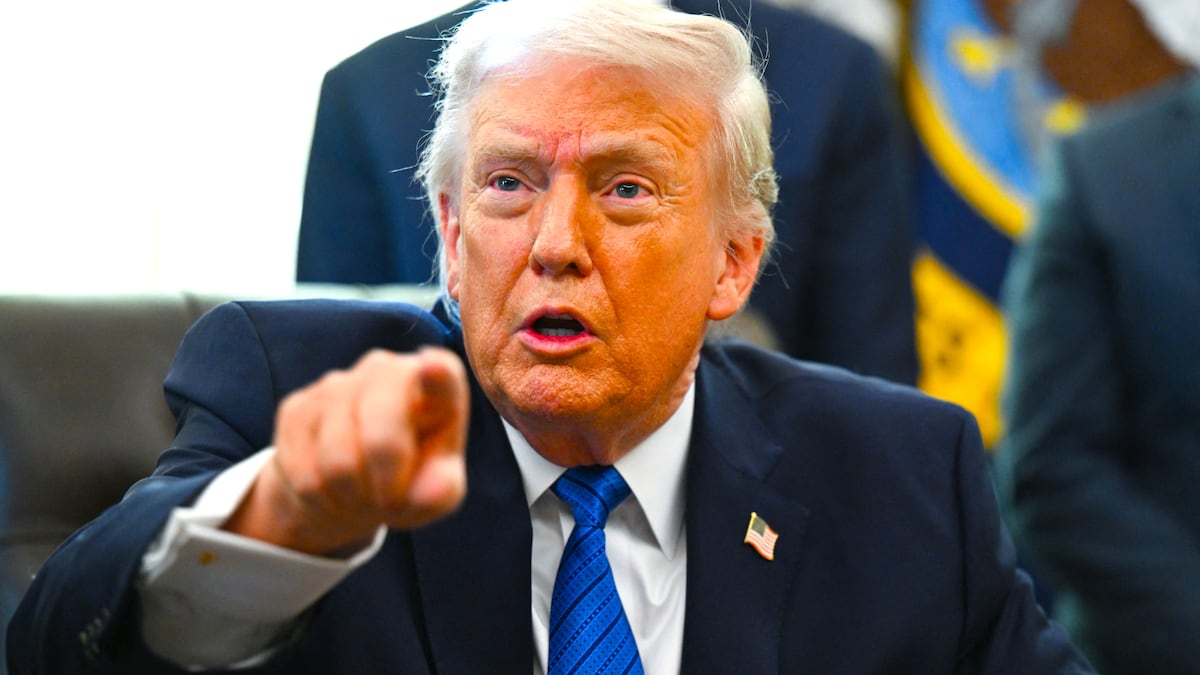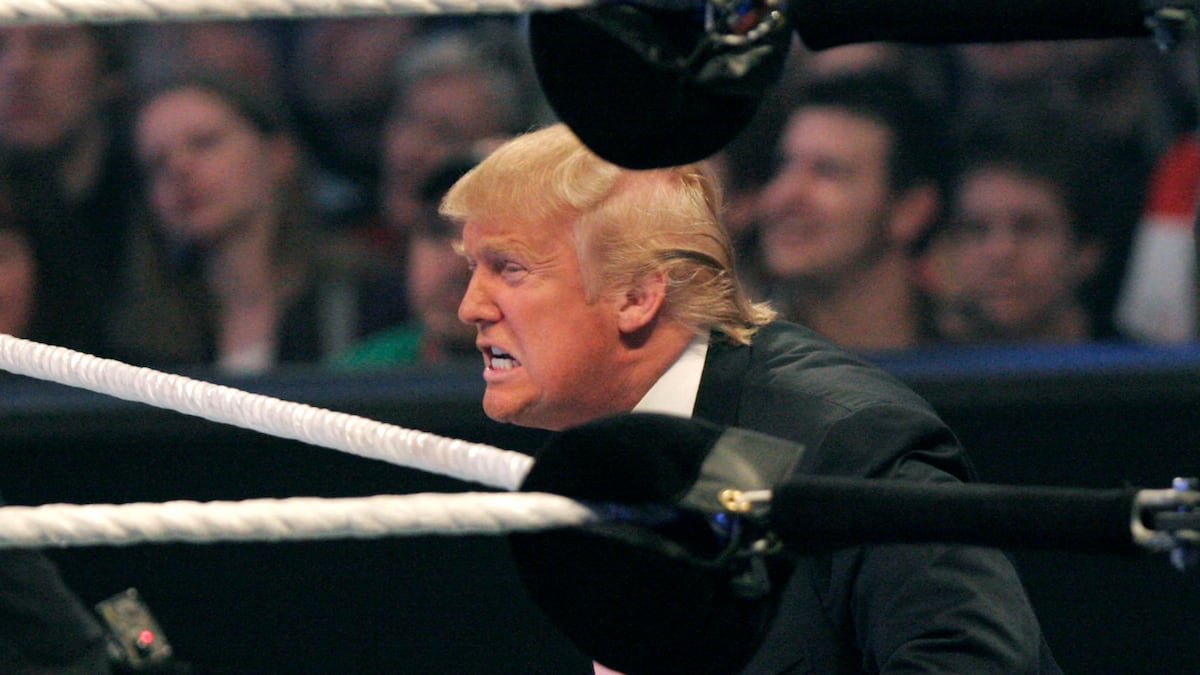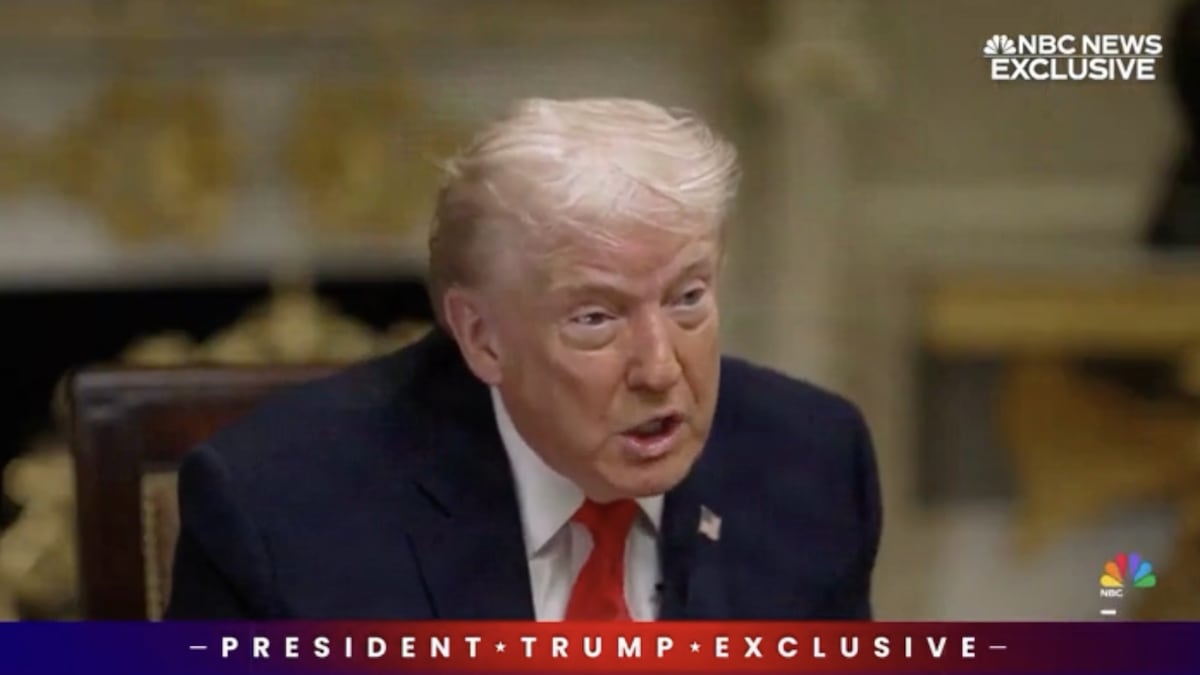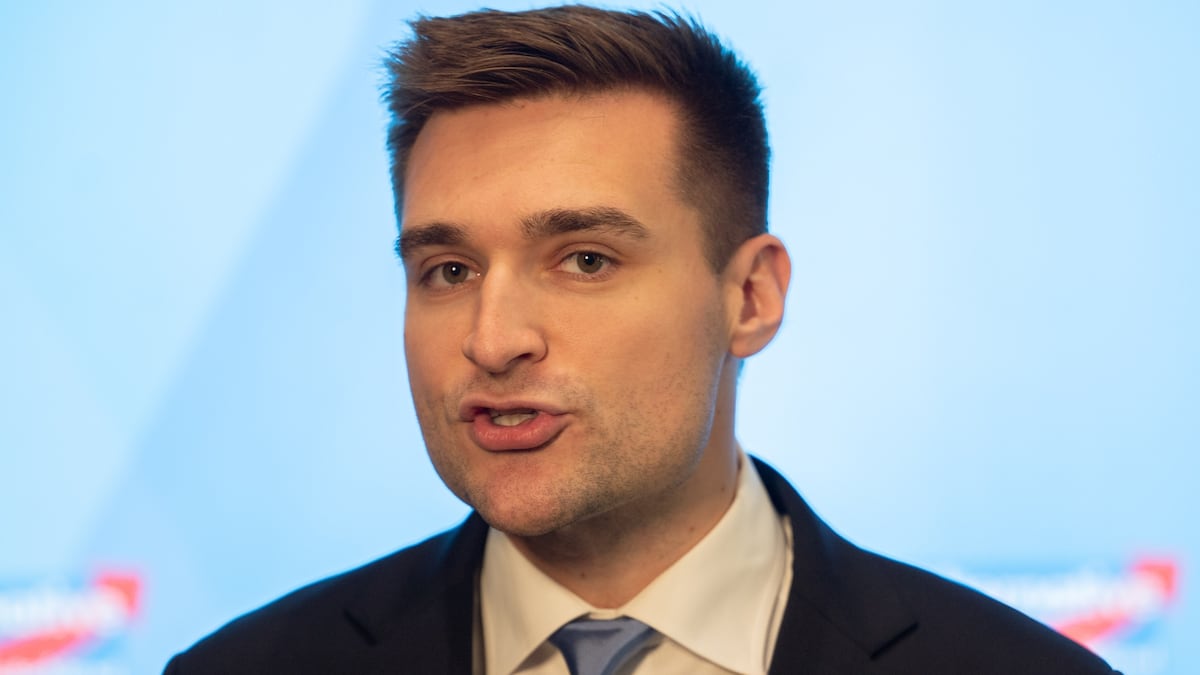
On Tuesday, the attorney general faces a GOP grilling over missing legal briefs. Ethics experts agree it's a serious problem—and even some Dems are wearying of him.
For Attorney General Eric Holder, the criticism is about to get very personal.
The disclosure that Holder failed to alert senators voting on his confirmation last year about several significant Supreme Court briefs that he signed as a private lawyer has given his Republican opponents the chance to argue that their differences with Holder go beyond policy. GOP senators are threatening to turn Holder’s previously scheduled appearance before the Senate Judiciary Committee on Tuesday into a showdown over his personal honesty.
“He’s the chief law-enforcement officer of the land,” said Professor Rhode. “He signed an affidavit. If he’s not going to comply with the rules, how can he expect anyone else to?”
It’s not just a partisan concern. To the dismay of the Justice Department, the Republicans have found some backing from legal ethicists who tell The Daily Beast that Holder’s omission of the briefs from his Senate confirmation paperwork was a serious error that the attorney general needs to explain in detail—and fast.
“This is a big deal,” said Professor Stephen Gillers of the New York University law school, author of a well-known textbook on legal ethics. “This should be deeply embarrassing to Holder. It’s not an impeachable offense, but it’s going to weaken his overall credibility.” Gillers said he found it difficult to understand how Holder could forget so many briefs that he had submitted to the Supreme Court in recent cases.
It’s not as though the briefs in question were filed in obscure cases. The missing documents include a pair that Holder signed in opposition to the Bush administration in a landmark terrorism case—touching on issues that have been a top priority for Holder’s Justice Department.
The attorney general has insisted through aides that the omissions were inadvertent. In a 51-page sworn statement in response to a nomination questionnaire from the Senate Judiciary Committee, Holder identified three friend-of-the court briefs that he had filed with the court during his legal career. But he left off six others, including the two in the terrorist case centered on al Qaeda suspect Jose Padilla.
“These items were left out, which we regret,” said Matthew Miller, the department’s chief spokesman. “Clearly we made good-faith efforts in preparing the submissions to the Senate.” Miller noted that while senators may not have seen the Padilla briefs, Holder’s views on that case and several other contentious national-security cases were fleshed out in detail during Holder’s confirmation hearings. The briefs were also readily available in open records at the Supreme Court and in commercial legal databases.
The flap could not come at a worse moment for Holder, who—as much as any member of the Obama cabinet—is in the crosshairs of lawmakers and outside critics, Republican and Democrats alike.
Most of the criticism has focused on his apparent flip-flops on whether to bring terrorist suspects to trial in civilian courts or before military tribunals. Holder has also drawn fire for his failure to deliver on an early promise to reinvigorate the Justice Department’s Public Integrity section—which handles federal corruption cases—at a time when there seems to be no shortage of political misbehavior going on.
Professor Deborah L. Rhode, an ethics specialist at Stanford Law School, said the dispute over the missing Supreme Court briefs was especially worrying since, as attorney general, Holder prosecutes people for a similar sort of offense: making incomplete or false statements to the government under oath.
“This is either incompetence or incredibly bad judgment” by the attorney general and others within his inner circle, she said.
“He’s the chief law-enforcement officer of the land,” she continued. “He signed an affidavit. If he’s not going to comply with the rules, how can he expect anyone else to?”
Republicans girding for battle at Holder’s Tuesday appearance before the Judiciary Committee suggest that Holder left the briefs out of his Senate paperwork intentionally, to avoid having them coming under scrutiny during his confirmation hearings.
In a letter to Holder made public Friday, Senators Jeff Sessions of Alabama, the ranking Republican on the Judiciary Committee, and Jon Kyl of Arizona, another committee member, called on Holder to provide a detailed explanation of how the mistakes were made.
They said they were particularly concerned about Holder’s failure to tell them about the briefs in the Padilla case.
In the two briefs, Holder joined with former Attorney General Janet Reno and others in opposition to the Bush administration’s view that an American citizen arrested on U.S. soil could be treated as an enemy combatant.
“Are we expected to believe that then-nominee Holder, with only a handful of Supreme Court briefs to his name, forgot about his role in one of this country’s most publicized terrorism cases?” Kyl asked separately. “To me, that strains credulity. And I’m someone who voted for Attorney General Holder.”
Democrats on the Judiciary Committee have pledged to rally around Holder on Tuesday. But there is grumbling among some party members that the attorney general’s repeated public gaffes threaten lasting damage to the administration’s agenda on legal issues.
“My boss certainly believes this was an innocent mistake,” said a senior aide to a Democrat on the committee, referring to the missing Supreme Court briefs.
“But it’s hard to deny the point to the Republicans: The committee was entitled to believe that Holder shared his full career paper trail. And he didn’t.”
The head of the White House transition team that helped Holder prepare for the hearings—and gather the paperwork requested by the Judiciary Committee—is now employed as Holder’s chief liaison to Congress: Assistant Attorney General Ronald Weich, who runs the Justice Department’s Office of Legislative Affairs. Weich declined to be interviewed.
But others are stepping forward to support Holder, including Professor Philip Heymann of Harvard Law School, who was deputy attorney general in the Clinton administration and joined with Holder in signing the briefs in the Padilla case.
Heymann told The Daily Beast that it was “completely logical to me” that Holder did not remember all of the amicus briefs that he had signed in a long career.
“I get a lot of requests to sign briefs, and I’m sure Eric did, too,” he said. “I’ve probably signed 25 briefs in the last 10 years, and I can’t remember them all,” he said. Heymann said he would consider signing a brief to the Supreme Court only after a careful reading to be certain it conformed to his views. “But if you asked me to remember them all, I couldn’t begin to do it,” he said.
Holder’s sworn statement was filed in response to a lengthy questionnaire from the Judiciary Committee.
The questionnaire asked specifically that Holder “describe your practice, if any, before the Supreme Court of the United States” and identify any so-called amicus, or friend-of-the-court, legal briefs that he had filed in cases before the Court while in private practice. Amicus briefs are filed by lawyers and others who want to make their viewpoints known in cases in which they are not directly involved.
In his December 2008 statement, Holder identified three amicus briefs, including one he filed as part of a landmark gun-control case before the Supreme Court that year.
The National Review, the conservative magazine, broke the news this month that Holder’s Senate paperwork failed to list an April 2004 brief that he, along with Heymann and Reno, filed in the Padilla case. The Justice Department quickly confirmed the magazine’s report—and went on to identify five more friend-of-the-court briefs that Holder had left off the statement, including another in the Padilla case.
Correction: This article initially misstated that Jeff Sessions is the senator from Arizona, not Alabama. It has been updated.
Philip Shenon, a former investigative reporter at The New York Times, is the author of The Commission: The Uncensored History of the 9/11 Investigation.


